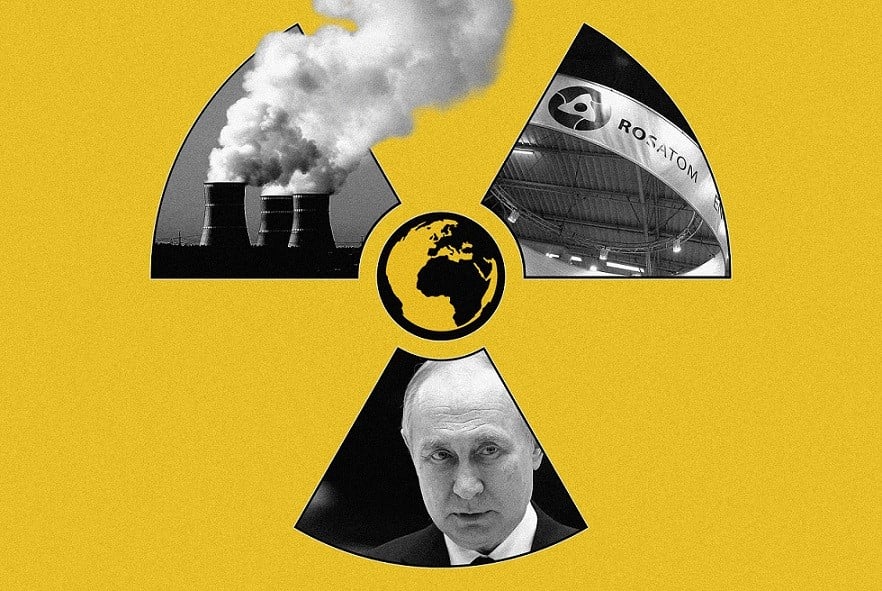 |
| Russia-EU: Being in the 'no-go zone' that cannot be sanctioned, how is the health of the nuclear giant Rosatom? (Source: fdd.org) |
Ahead of the eleventh round of sanctions being discussed by Europe, Russian nuclear giant Rosatom is once again seen as an inevitable target of Western sanctions. Russia hardliners have long wanted to apply pressure, targeting the country’s nuclear industry.
Divided but not confrontational
Since Moscow launched a special military operation in Ukraine (February 2022), the EU has introduced 10 packages of sanctions against Russian individuals and entities. A growing number of EU officials and diplomats admit that the bloc is running out of sanctions against Russia that could be put on the negotiating table in the future, hoping to find consensus among all member states.
There is not much “room” left in the dense sanctions, but this next round of EU sanctions will focus on combating circumvention of existing restrictions, especially on spare parts and equipment that Moscow could deploy in the military conflict with Ukraine, according to European Commission (EC) President Ursula von der Leyen.
However, Eastern European diplomats said that this "still does not go far enough", and the 11th package of sanctions needs to be more radical.
Poland, together with like-minded Baltic states, has presented an updated proposal to the EC for a new set of sanctions against Russia. The Group has been proposing measures against Russia’s civilian nuclear capabilities since last spring, but so far they have not been effective. The updated proposal aims to put Russia’s state-owned nuclear giant Rosatom back in the crosshairs of sanctions.
The four member states said the EU could target Rosatom by restricting imports of nuclear fuel, halting new investment in power plants and restricting exports to Russia of goods and equipment used in the industry. The first step, they said, could be to target the company’s top executives.
In addition, this time, instead of proposing a complete ban on Rosatom products and services, the countries supporting the sanctions proposed more nuanced restrictive measures, including exemptions for EU nuclear companies with existing contracts with Rosatom, or the application of safeguards to prevent dependence on Russian nuclear products…
Additional pressure on Rosatom could come from Western partners, such as the United States and the United Kingdom, who have already followed suit and are seeking even harsher restrictions that would hit Russia’s nuclear sector directly. Since Rosatom took control of the Zaporizhzhya Nuclear Power Plant in southeastern Ukraine, Europe and the West have become increasingly impatient.
Washington has also recently imposed sanctions on more than 120 targets, further tightening the activities of Russian individuals and entities due to the conflict in Ukraine, including entities related to Rosatom. However, Washington has not yet imposed sanctions on Rosatom itself.
Meanwhile, on the other hand, the strongest resistance to the sanctions against Russia's nuclear power comes from Eastern Europe. Because 5 member states, including the Czech Republic (6), Slovakia (5), Finland (2) and Bulgaria (2) are operating 15 Russian-made nuclear reactors and currently have no alternative fuel from Russian supplies.
While Slovakia says it only has enough nuclear fuel to last until the end of 2023, the Russian import ban could be a long-term problem.
Hungary is a more special case, not only is it closely linked to Russian energy, it also has close ties to Rosatom. Therefore, Budapest has repeatedly spoken out against eliminating Russian nuclear energy and putting Rosatom officials on the sanctions list. Previously, Hungary also affirmed that it would not participate in EU sanctions on Russian oil and gas imports in 2022.
In February 2023, as soon as Europe discussed the 10th package of sanctions and the idea of targeting Rosatom and its leadership was raised, Budapest immediately protested strongly, declaring that it must take decisive action against the EU sanctions.
Hungarian Foreign Minister Peter Szijjártó made it clear that sanctions against Rosatom would not only harm Hungary's fundamental national interests, but also pose a threat to global nuclear security. Rosatom is one of the key players in the global nuclear energy sector, supplying fuel to nuclear power plants in many countries.
In early April, Hungarian Foreign Minister Peter Szijjarto visited Moscow to reach new energy deals with Russia and agreed to amend the contract with Rosatom to expand the Paks Nuclear Plant.
In addition to Eastern European countries that are hesitant about whether or not to include Russia's nuclear energy sector in the new sanctions package, Germany and France have also purchased enriched uranium from Russia worth 452 million euros in 2022.
However, Germany has now signaled it will agree to EU sanctions on Russian nuclear fuel. Since existing contracts still bind France and Germany, Poland and some Baltic members have proposed a two-year deadline for Berlin and Paris.
Rosatom cannot be punished?
According to energy experts, the answer to the question of why Rosatom is not on the Western sanctions list is simple.
In fact, Russia gains little financial benefit from exporting nuclear fuel, but its focus on more important infrastructure business, including the construction of reactors in the EU, has brought in significant financial resources for the Kremlin.
According to public data, Russia also currently supplies about 20% of the materials needed to operate nuclear reactors in the EU. Therefore, replacing Rosatom as a nuclear fuel supplier is not a simple task and will take a long time.
This is also why the West cannot immediately impose economic sanctions on Rosatom, despite the fact that the company is likely one of the key financial providers for Moscow.
Rosatom's revenue increased by 17% last year. Rosatom CEO Alexei Likhachev said the corporation would generate more than 1.7 trillion rubles in revenue by 2022. Rosatom's own investments totaled more than one trillion rubles in the same year.
Rosatom did not disclose the amount of money spent on the 2021 investment program in its annual report, only noting that Rosenergoatom, a company that manages Rosatom's nuclear power plants in Russia, completed its investment program by 105.5% in 2021.
Meanwhile, according to technology.org , in an independent investigation by Bloomberg and the UK's Defence and Security Research Institute (RUSI), in 2022, Rosatom's nuclear fuel sales and exports increased by 20%, reaching a 3-year high for the EU market.
In fact, nuclear fuel sold to Eastern Europe accounts for only 40% of Rosatom's total exports. Not only do EU countries buy nuclear fuel from Russia, but in the US, about 20% of nuclear reactors are also using fuel purchased from the same Russian source.
Source




![[Photo] Prime Minister Pham Minh Chinh and Prime Minister of the Kingdom of Thailand Paetongtarn Shinawatra attend the Vietnam-Thailand Business Forum 2025](https://vphoto.vietnam.vn/thumb/1200x675/vietnam/resource/IMAGE/2025/5/16/1cdfce54d25c48a68ae6fb9204f2171a)





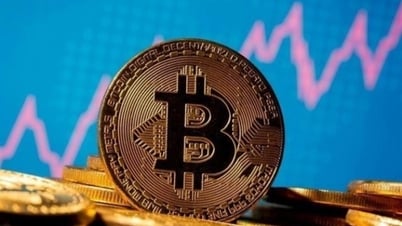

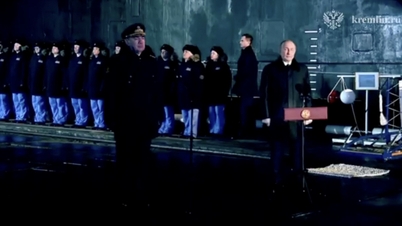

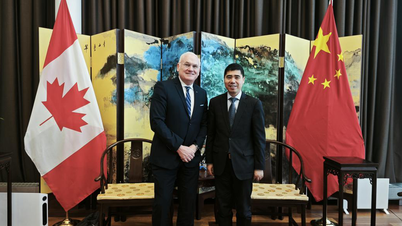

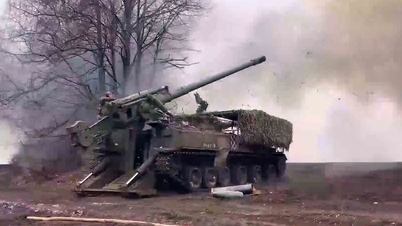



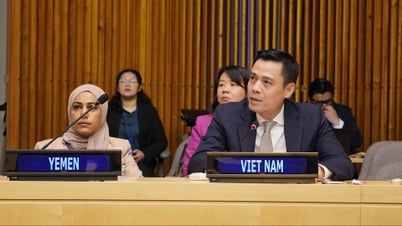
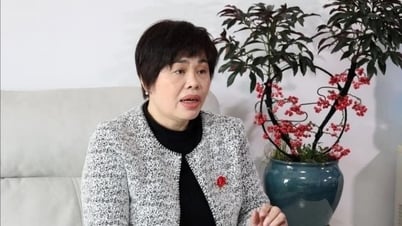



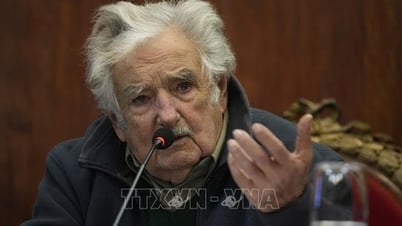





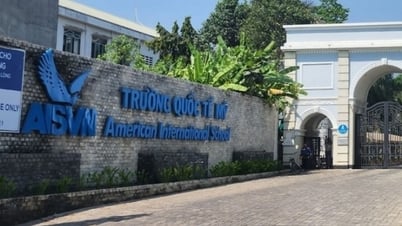


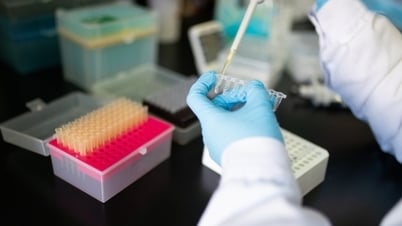


![[Photo] President Luong Cuong receives Prime Minister of the Kingdom of Thailand Paetongtarn Shinawatra](https://vphoto.vietnam.vn/thumb/1200x675/vietnam/resource/IMAGE/2025/5/16/52c73b27198a4e12bd6a903d1c218846)
















































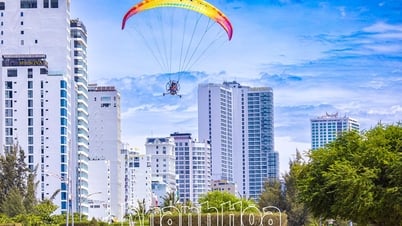











Comment (0)